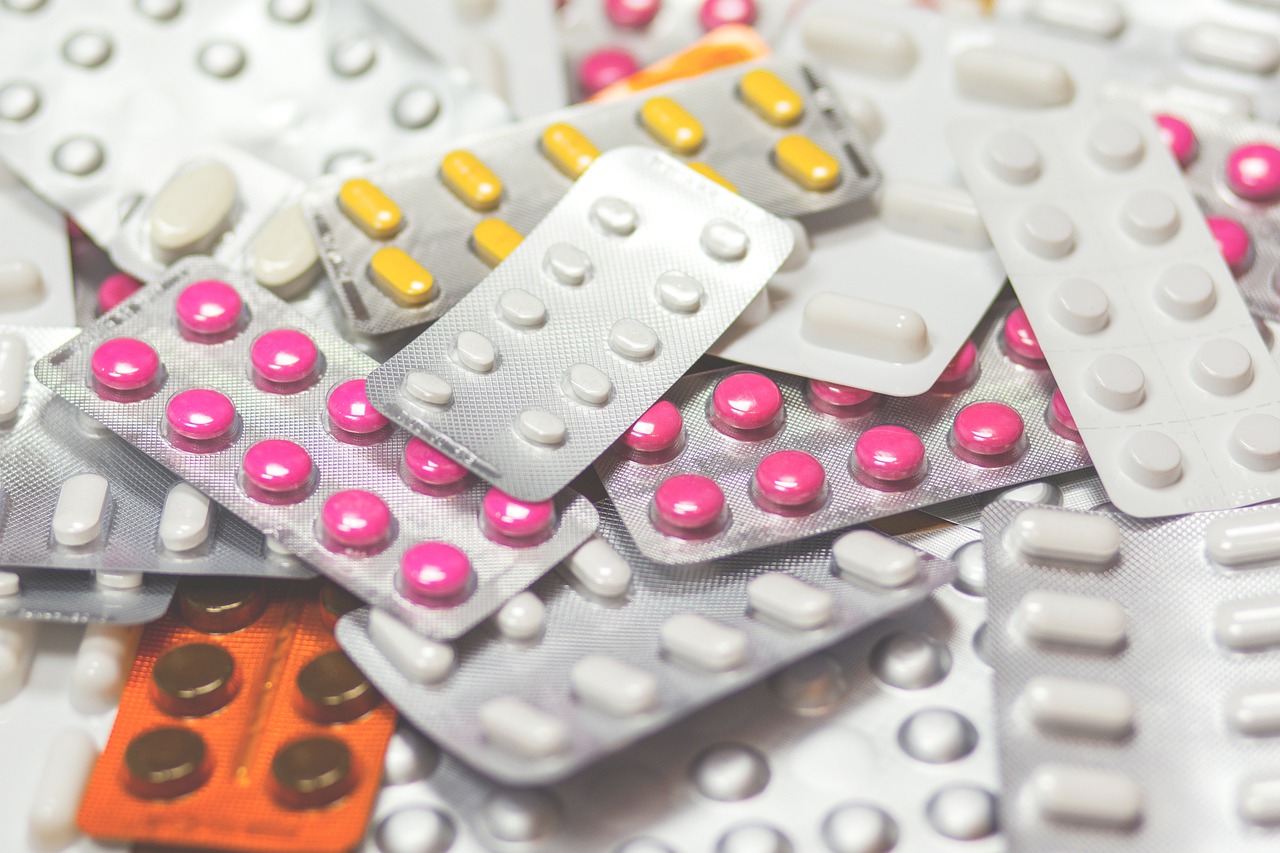Eliquis, also known as Apixaban, is an anticoagulant used to prevent blood clots and reduce the risk of stroke in patients with atrial fibrillation. As with all medications, there are potential side effects and risks associated with its use.
The most common side effects of Eliquis include (but are not limited to):
Bleeding (including heavy or unexpected bleeding) Bruising with greater ease Nausea Lower risk of gastrointestinal problems compared to other blood thinners
Serious side effects may include more serious bleeding, including life-threatening bleeding into the brain, stomach, or intestines. Of course, this can also lead to deaths. As far as I know, these are not communicated directly in this way – in other words, no one reports on them.
Important to know: Patients taking Eliquis should be closely monitored by their doctor, especially if they have conditions that could increase their risk of bleeding.
Regarding deaths, it is important to emphasize that the decision to prescribe Eliquis is based on a careful assessment of the drug’s benefits compared to its risks. While serious bleeding may be a risk, Eliquis is generally designed to reduce the risk of potentially life-threatening events, such as strokes and blood clots.
Patients who have concerns about their medication or experience side effects should always contact their doctor for advice and appropriate treatment adjustments. These are usually other remedies such as Pradaxa, Xarelto or Lixiana. Well, I don’t think much of the Xarelto either – to put it discreetly; Reason: Xarelto – means of choice or means of torment?
If the patient cannot tolerate these drugs either, there is still the “old” Marcumar.
Alternatives
I briefly reported on the alternatives here: Anticoagulants: Are there alternatives? There I mainly report on Reishi. However, this is usually not enough on its own. It almost always takes combinations.
A completely “alternative variant” would be nattokinase, vitamin E and medicinal plants such as gingko and reishi, as well as remedies such as the tried and tested Mucokehl from Sanum Kehlbeck. Most patients also have to undergo intensive deacidification and this cannot be done without a change in diet. Such “alternative” measures also require close monitoring of blood values. The problem: you will hardly find a doctor or other therapist who will carry out this “alternative” change. The reasons for this should actually be clear.
Conclusion
If you are taking Eliquis there is no need to panic. The vast majority of patients tolerate the drug. If you have side effects (such as coughing, etc.), talk to your doctor and try another remedy if necessary.
Only very few patients try the alternative option anyway.
By the way: If you are interested in this kind of information, then be sure to request my practice newsletter with the “5 miracle cures”:
Small note: The “5 miracle cures” thing is by far the most popular newsletter that my patients like to read…
